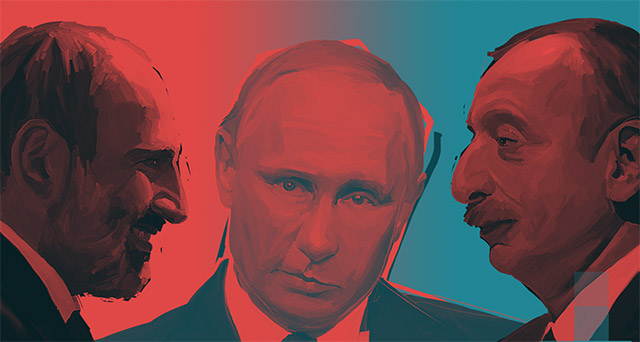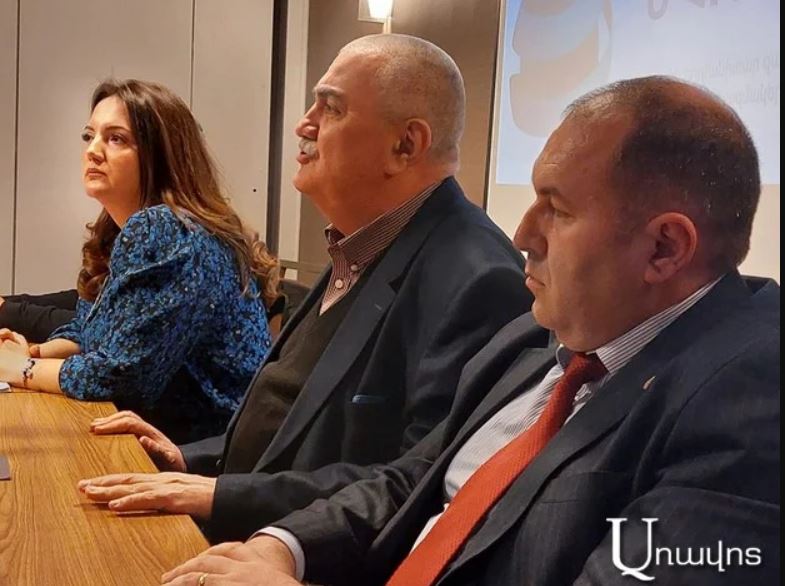“What can Armenia do to prevent a new war? The war that will be provoked now will be bigger than the 44-day war in 2020. To understand this, we must answer the question of whether we can have consolidation within the country,” said the chair of the Integration Development NGO and the Coordinator of the Eurasian Expert Club Aram Safaryan during a roundtable discussion held on March 29 by the International Humanitarian Development NGO.
He believes that after 1994, a situation has developed in practice when Western officials say that a clash between the two superpowers is possible and that the search for peace is difficult. Touching upon the possible developments in the South Caucasus, Aram Safaryan noted that the deterioration of the situation here directly means that the struggle against Russia has intensified on almost all fronts, which is understood by the “Armenian Russophobic forces.”
According to the speaker, they also understand that the increase of tension speaks of the fact that in the Russia-West process, the “task of creating a reserve front against Russia in Artsakh” is being implemented. Referring to the Armenian-Turkish reconciliation process, Aram Safaryan said, “They are interested in this conflict as much as it can weaken Russia. And I’m worried because Russia is the only constructive force that can influence Armenia and Azerbaijan and that can prevent a new war. And if there is no Russia, who will prevent that war, and if there is no Russia, will there be a guarantor of Armenia’s interests if only we are on one side and Turkey and Azerbaijan are on the other? This question must be answered by the actors in the political field who will determine the foreign policy course, which should lead to the reduction of corruption and increase the role of Armenia in the region.”
Read also
According to Aram Safaryan, the West’s hand is obvious. He does not rule out similar developments in any post-Soviet country. What should Armenia do in this situation? Is internal political reconciliation and solidarity possible? Aram Safaryan notes that a situation has developed in the domestic political life of Armenia, which weakens the country’s resistance in the foreign field.
“We must send our appeal to the politicians in the political field, calling for maximum restraint towards the political opponents and opponents, realizing that the opposite can lead to the final destruction. In addition, Armenia must establish and clarify its allied relations with Russia as much as possible to prevent attempts to push Russia out of the region. We need to develop flexible diplomacy to prevent the actions of our opponents.”
Nelly GRIGORYAN


























































